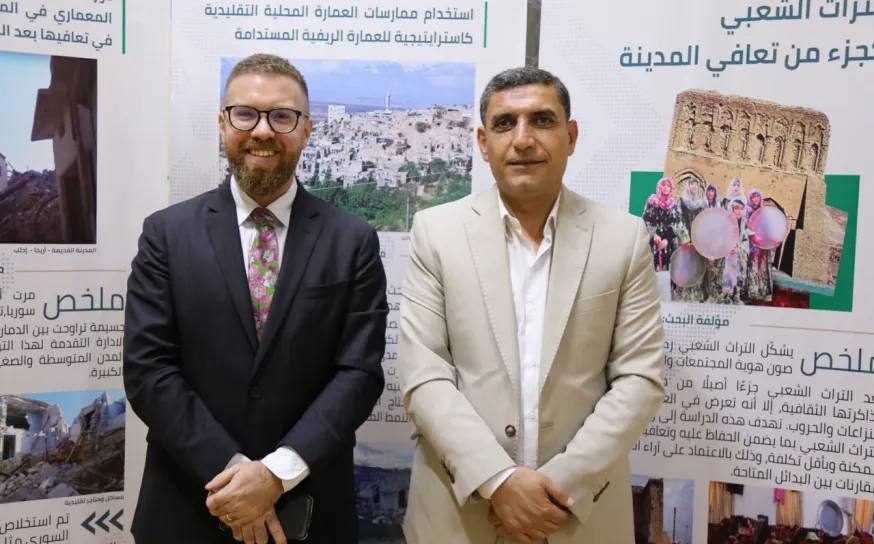 Syria is home to some of the world’s most remarkable archaeological treasures, including Palmyra, Aleppo, and the ancient city of Ebla. These historic sites reflect the splendor of ancient civilizations and the diverse cultural influences that have shaped the region over thousands of years.
Syria is home to some of the world’s most remarkable archaeological treasures, including Palmyra, Aleppo, and the ancient city of Ebla. These historic sites reflect the splendor of ancient civilizations and the diverse cultural influences that have shaped the region over thousands of years.
Hungary, known for its rich cultural heritage and vibrant artistic traditions, has long been a guardian of European history and folk culture. Recognizing their shared commitment to preserving humanity’s heritage, Syria and Hungary are working together to protect and promote cultural and archaeological cooperation.
Revitalizing Collaboration in Cultural Preservation
In recent years, both countries have placed renewed emphasis on cultural collaboration, particularly as Syria continues efforts to safeguard its heritage following the destruction caused by years of conflict. Hungary has expressed strong support for Syria’s preservation initiatives, pledging to provide expertise, technical assistance, and training in archaeology and museum management.
During a visit to the Directorate-General of Antiquities and Museums in Damascus, Hungarian Ambassador to Syria Dr. Štefan Schös met with Director-General Dr. Anas Haj Zidan to discuss expanding cooperation.
The discussions focused on several key areas, including the resumption of a joint scholarship program organized by the Ministry of Higher Education and the Directorate-General of Antiquities and Museums. The program will allow Syrian students and researchers to study and specialize in Hungary, strengthening national expertise in heritage preservation and related disciplines.
New Agreements to Enhance Museum and Academic Exchange
The two sides also discussed the possibility of signing a cooperation agreement with the Budapest Museum to modernize Syrian museum displays and enhance exhibition management. The proposed partnership would promote the exchange of experience in museum design, conservation, and curatorial practices, helping Syrian institutions adopt updated methods in exhibition preservation and public engagement.
Within the framework of academic and archaeological collaboration, the meeting also covered a tripartite agreement between Pázmány Péter Catholic University, the Hungarian Aid Program, and Antioch University. The agreement focuses on archaeological documentation in the Qalamoun region, an area rich in historical sites, and includes cooperation in preparing a World Heritage nomination file for the Christian Pilgrimage Route and the ancient city of Maaloula.
A Step Toward Global Recognition and Preservation
These initiatives reflect a shared vision between Damascus and Budapest to preserve cultural identity, strengthen academic ties, and highlight Syria’s archaeological legacy on the global stage. By combining expertise and resources, Syria and Hungary aim to protect invaluable heritage sites for future generations and reaffirm the enduring power of culture as a bridge between nations.








